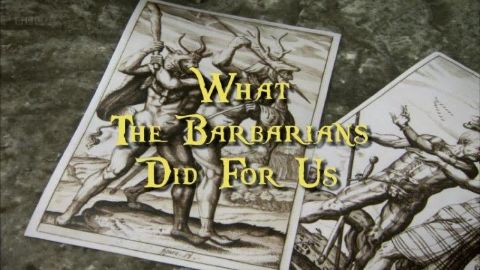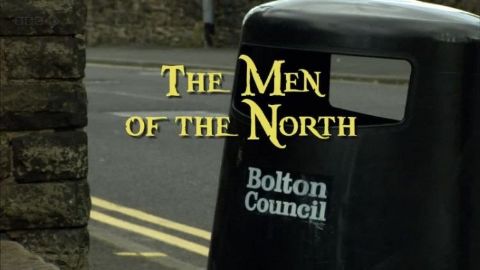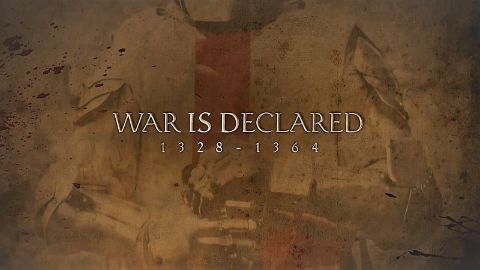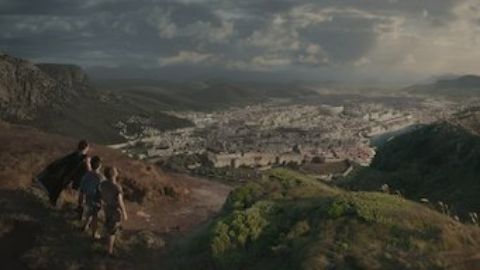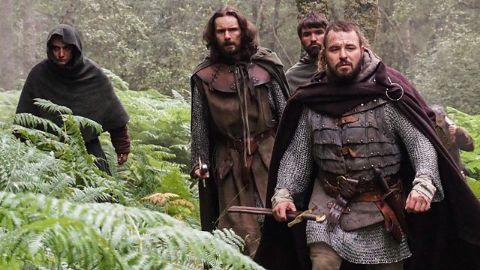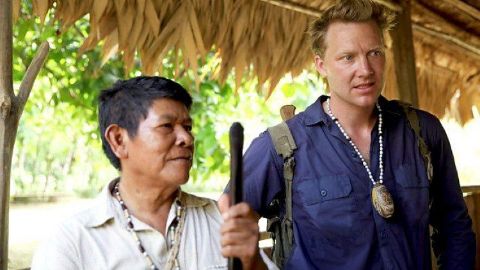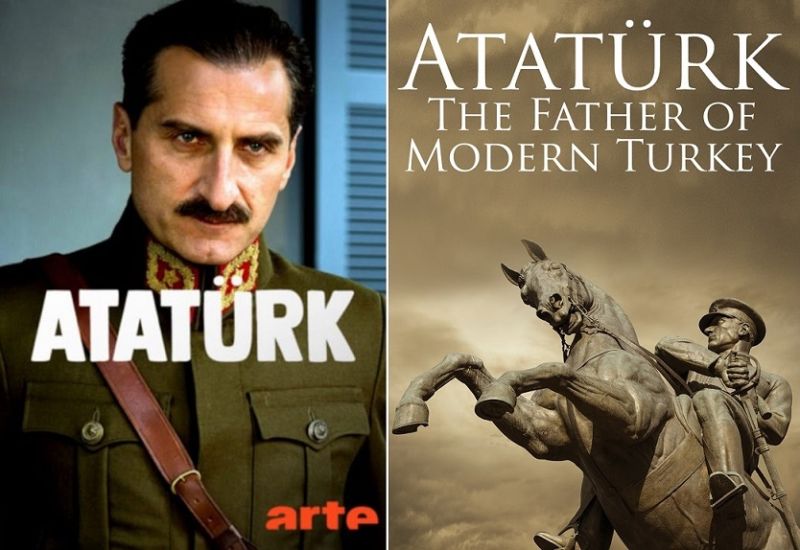The Dark Ages: An Age of Light • 2012 • 3 episodes •
Waldemar looks at how Christianity emerged into the Roman Empire as an artistic force in the third and fourth centuries. But with no description of Jesus in the Bible, how were Christians to represent their God? He explores how Christian artists drew on images of ancient gods for inspiration and developed new forms of architecture to contain their art.
2012 • History
The 'Barbarians' are often blamed for the collapse of the Roman Empire, but in reality they were fascinating civilisations that produced magnificent art. Focusing on the Huns, Vandals and Goths, Waldemar follows each tribe's journey across Europe and discovers the incredible art they produced along the way.
2012 • History
In the final episode, Waldemar looks towards the north of Europe. The Carolingians saw themselves as successors to Rome, reflected in their art. Elsewhere, the Vikings were constructing long ships with intricate decoration and marking their territory with powerful rune stones. And on the British Isles, the Irish and Anglo-Saxons were creating unique works of manuscript illumination and remarkable jewellery.
2012 • History

